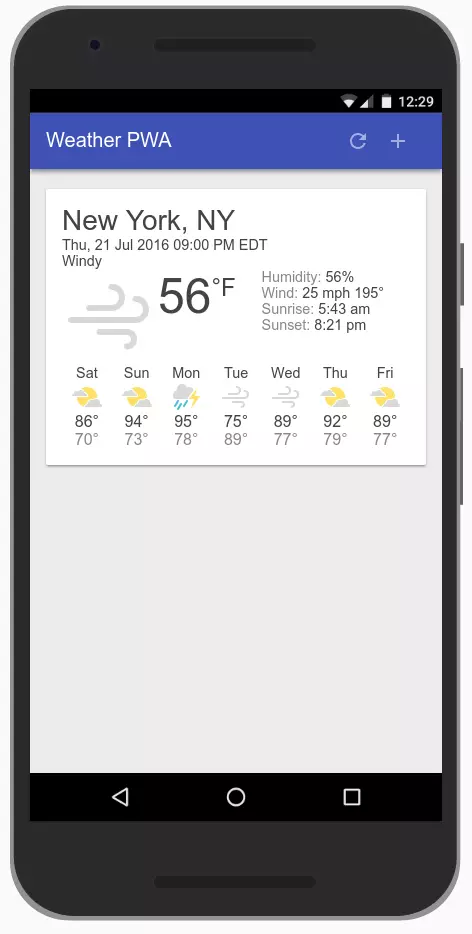Comments
- No comments found

Won’t it be cool if you could assign work to your employees via an automated message from your browser? Or if you could extract data from an Excel sheet with a single click?
Welcome to workflow automation that is truly revolutionizing how businesses are run in 21st century. The growth of low code platforms and a rapid development in IT solutions has made it lot easier to automate your business with least amount of technical knowledge.
Business web apps are helping business capture the mobile web and web for an increased customer interaction. For instance, Alibaba increased conversions on the mobile web by 76%, with 14% more monthly active users on iOS and 30% more on Android. By this, we mean that, now you can pretty much wear a web developer jersey yourself and start making applications that will give you extra arms and hands to go through the day. It won’t have been possible a few years ago, but with a drastic growth in the digital business processes, several app development companies have come up with quick app making solutions that can be used to make web apps in no time.
At Dikonia, building web apps in the form of business solutions for companies, is one of our key domains of technical forte. In this article, we’ll try to explain the app making process via our experience to make it comprehensive for you.
Make a Sketch
App making is somewhat like going through a maze. It’s always handy to keep a map with you before you head in.
So, you’ll need a make a sketch of everything you want your app to do. In technical terms, this is also called Wireframing and it’s highly recommendable before starting out.
In this sketch, you should define,
Take a Survey
After you’ve a rough sketch of how your app would look and work like, you have to define the usability of the app. As in, who all people would use your app and what level of automation would it provide to the people. If you’re making an app for in-house usage, you can do this by collecting opinions from fellow workers and the staff using a simple Google Form. Try to get as much feedback from the end users of the app as you can. What kind of UI they prefer? How often would they use? Will the app be touching any sensitive data points? These aspects will strengthen your app’s usability before you head on to code.
Start Developing
At this point, you can go for two options depending upon your code knowledge. You can either dive into a coding platform to build the apps, or you can use a no code app builder such as Bubble or Zoho, to create an app the drag-and-drop way.
The best no code way is to use a web builder service that makes app making a breeze. Here is a shorthand guide to these web builders
1. Bubble
Bubble is relatively simple visual programming platform that allows you to make apps with a dead simple layout and backend management. The service doesn’t charge you until your app goes into service and from there own, it is pretty affordable. The platform manages APIs and data points for you, which allows you to integrate your app with popular services easily. Apps like Value My Place which is a web tool to make property estimations and Sprrk.ly, a micro-survey generator have been built using Bubble.
2. Zoho Creator
Zoho creator is part of the Zoho business management suite and provides business automation app making platform that are oriented for analytics. You can make anything from a data gathering app for sales management or a tool for sorting your leads from each other. All kinds of business solutions are provided in the platform itself, that too drag and drop. You can make mobile apps for your company as well.
Google App Maker is a custom app development platform with UI editor, Data binding support and one click publish features. It has been designed especially for organisations looking to gain a better control over their data. It is available as a part of the Google Business Suite and has a ton of support in the form of tutorials and articles from Google. Here is a tutorial to make a progressive web app for weather calendar.

Making custom business web apps is becoming easier by the day for non-techies with the help of low code platforms as illustrated in this article. These apps cover everything from your data to business workflow. Get on one today and start developing your first app today!
Using a low code platform inhibits you of certain aspects of app making and it is not advisable if you are making apps as sellable products.
Also, if you don't want to do mobile app development personally, you can outsource custom mobile app development to an offshore company.
Chhavi is the Founder and Partner at Dikonia. She is passionate about delivering beyond expectations and crafting rewarding experiences. Her company provides innovative IT solutions including custom SaaS offerings that streamline workflow as well as development and design services in keeping with latest buying and market trends. Chhavi holds a Master of Computer Applications from Punjabi University.
Leave your comments
Post comment as a guest